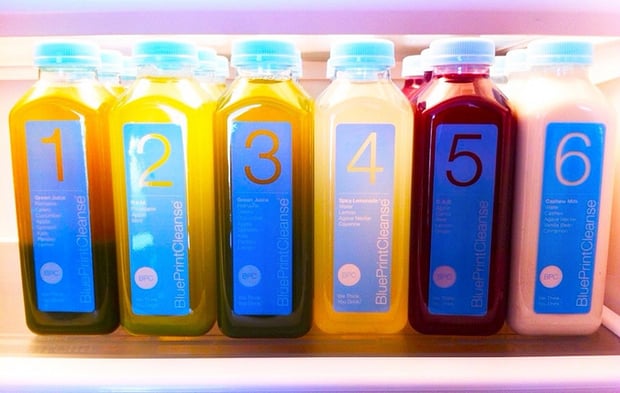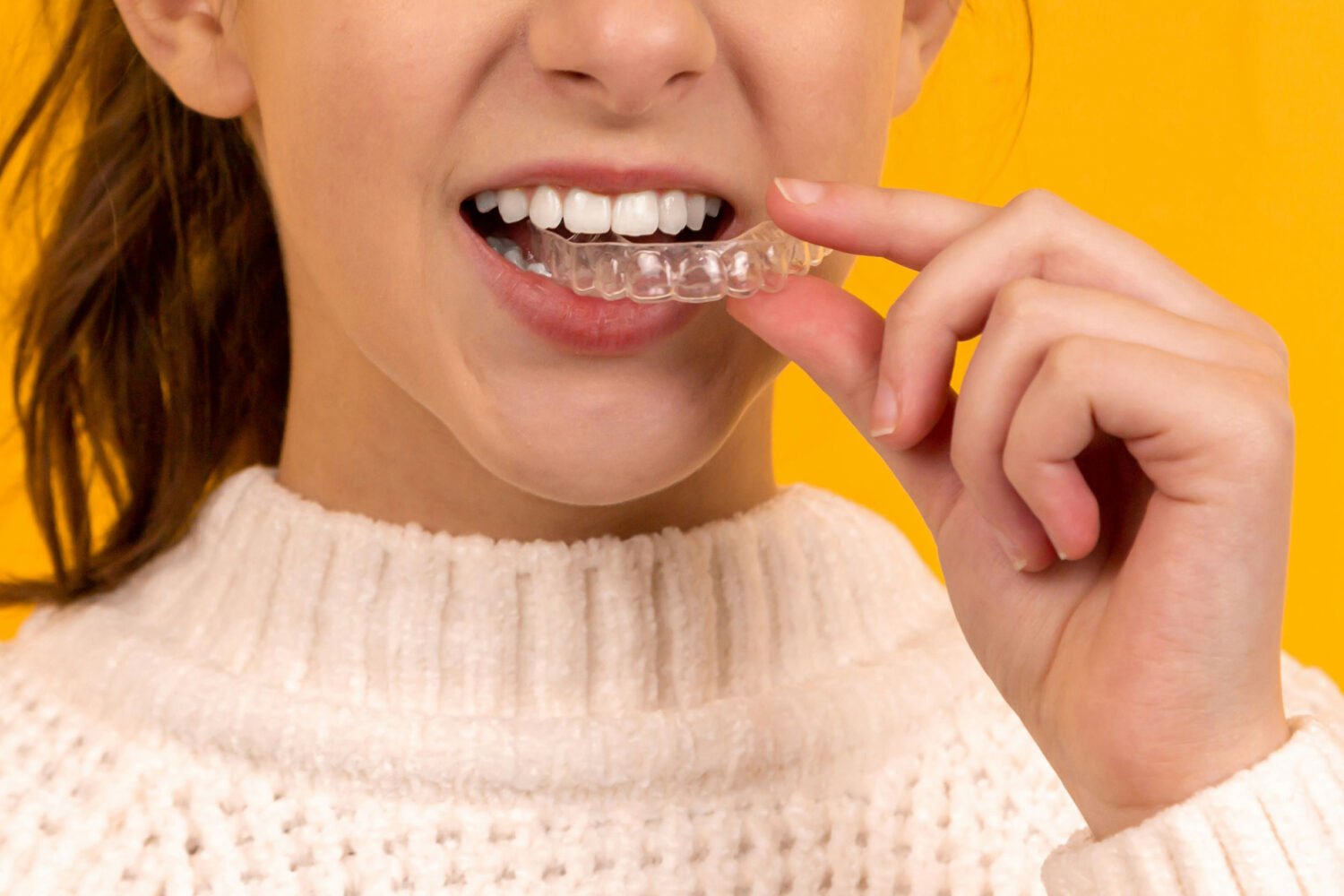Uh-oh. Looks like the juicing industry has another Naked Juice situation on its hands.
As reported by Law360, a group has brought a $5 million class-action lawsuit against Hain Celestial Group, the company behind BluePrint juices. Michael Stark et al. claim that despite the company’s advertisements, BluePrint juices are neither 100 percent raw nor unpasteurized.
BluePrint made $20 million in sales in 2012 for its organic fruit and vegetable juices, which serve as meal replacements and can be bought online and in high-end grocers such as Whole Foods and Dean & DeLuca. The New York-based company was founded in 2006 and partnered with Hain Celestial Group in December 2012. BluePrint cleanses cost $65 per day and come with six bottles.
According to BluePrint’s website, its drinks are made by using a hydraulic press that extracts “every drop of goodness” from fruits and vegetables. The final product is a raw juice that contains live enzymes and nutrients, and therefore must be consumed within five days or less.
However, the defendants state that as of March 2012, Hains has used high-pressure processing to create its juices, which allows for a shelf life of about 30 days. “Their juice products are nothing more than run-of-the-mill pasteurized juices, and fail to provide the same nutrients, enzymes and vitamins that the products have prior to being subjected to HPP,” the defendants wrote.
In a New York Times article published in April, BluePrint cofounder Zoe Sakoutis said switching from a cold-pressed juicer to HPP was a “game-changer” for her company and claimed that the process doesn’t involve pasteurization, which uses heat to enable the longer shelf life. High-pressure processing “is just pressure,” she said. According to BluePrint’s website, “The pressure is applied when products are in their final packaging, thus eliminating the possibility of recontamination, while the raw product itself is never touched.”
But the defendants argue that HPP still manages to produce juices that have less nutritional value than those made via cold-press juicing machines. Therefore, they allege, Hain Celestial Group is misleading customers by advertising its BluePrint juices as “truly 100 percent raw.”
The lawsuit was filed October 15 in New York federal court.

















